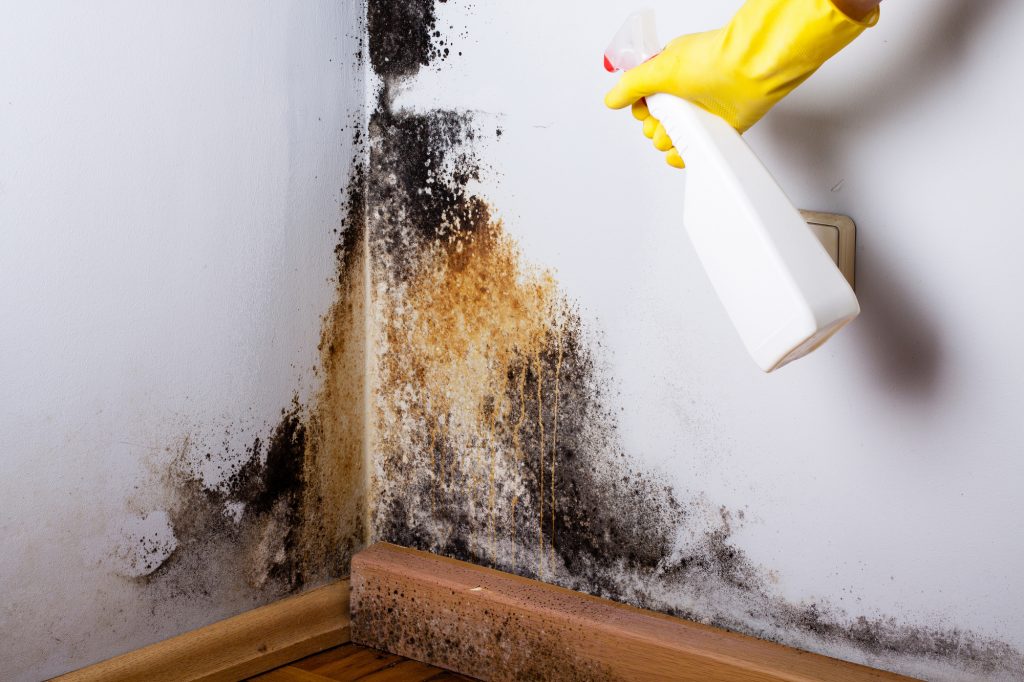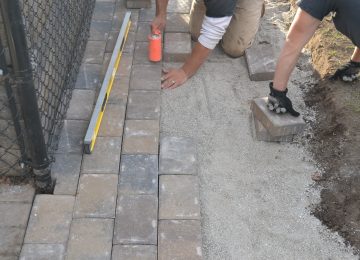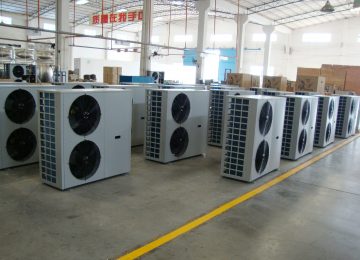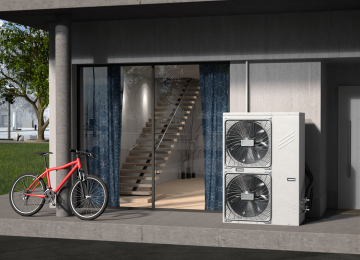Mold infestations can be a nightmare for business owners, especially in the damp and humid climate of New Jersey. When it comes to maintaining a healthy and safe environment for your employees and customers, mold removal is not just a matter of aesthetics but a crucial step in protecting your business. In this guide, we’ll explore the key aspects of mold remediation for commercial buildings, focusing on the challenges and solutions relevant to business owners in New Jersey.
Understanding the Importance of Mold Remediation
Mold is a type of fungus that thrives in moist and humid conditions. It can grow on various surfaces, including walls, ceilings, and even within HVAC systems. Not only does mold detract from the appearance of your commercial space, but it can also pose serious health risks to those exposed to it. These health concerns and potential damage to your property’s structural integrity highlight the urgency of mold removal in commercial buildings.

Common Signs of Mold Infestations
Before diving into the mold remediation process, it’s essential to be aware of the signs that might indicate the presence of mold in your commercial property. These signs include:
- Visible Mold Growth: Obvious patches of mold on walls, ceilings, or floors.
- Musty Odors: A persistent, unpleasant smell that often accompanies mold growth.
- Water Damage: Past or ongoing water leaks or flooding can create the ideal conditions for mold to flourish.
- Health Symptoms: Employees and customers complaining of respiratory issues, allergies, or skin problems may indicate mold-related health concerns.
If you notice any of these signs in your New Jersey commercial building, it’s time to take action.
The Mold Remediation Process
Mold remediation is a multi-step process that requires careful planning and execution. Here’s a breakdown of the essential steps:
- Assessment and Inspection: Begin by hiring a certified mold inspector to assess the extent of the infestation and identify the type of mold present.
- Containment: Isolate the affected areas to prevent the spread of mold spores. This typically involves sealing off the contaminated area and using negative air pressure to control airflow.
- Mold Removal: Professional technicians will safely remove the mold, including the affected materials, such as drywall or insulation. This step must be done with the proper protective equipment.
- Cleaning and Disinfection: After removal, the affected areas are thoroughly cleaned and sanitized to prevent mold from returning.
- Repair and Restoration: Any damaged structural components or materials are repaired or replaced to restore the building to its pre-mold condition.
- Prevention: Implement moisture control measures to prevent future mold growth, such as improving ventilation and addressing water leaks promptly.
Why Choose Professional Mold Remediation in New Jersey
Mold removal is a complex and potentially hazardous task that should be left to experienced professionals. Hiring a certified mold remediation company is essential in New Jersey, where the climate can be particularly conducive to mold growth. These professionals have the expertise and equipment to handle mold safely and effectively while complying with local regulations.
Conclusion
Mold remediation is a critical responsibility for commercial building owners in New Jersey. By understanding the importance of mold removal, recognizing the signs of infestations, and relying on professional services, you can protect the health of your employees and customers while safeguarding your business’s reputation and longevity. Don’t hesitate to take action if you suspect mold growth in your commercial space; the sooner you address the issue, the better.

In the battle against mold, remember that prevention is key, and professional mold removal services like mold removal new jersey can be your best ally. So, keep your commercial building mold-free, and ensure a safe and healthy environment for all.











